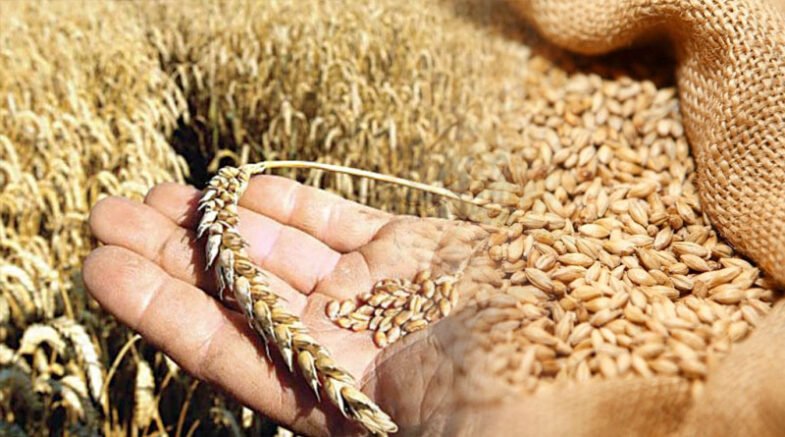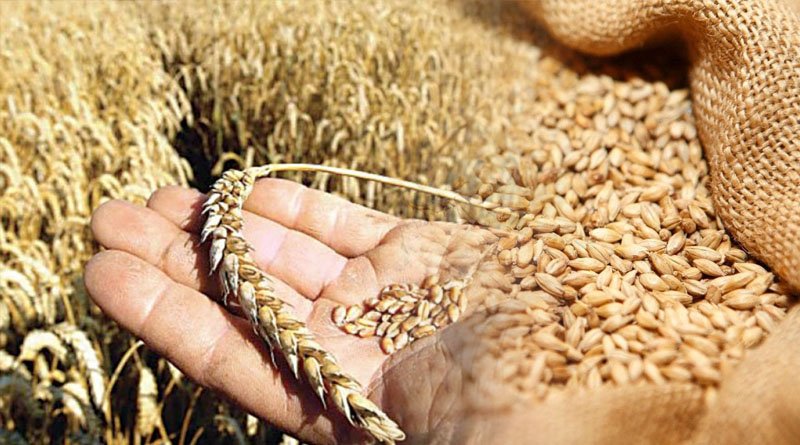Syed Nasir Agha claimed that a ban on transportation of wheat and flour between provinces and districts had been implemented in an effort to stop the smuggling of sugar and fertiliser.

The Pakistan Flour Mills Association in the Balochistan region demanded of the authorities on Monday that they guarantee the supply of wheat to the province of Balochistan’s flour mills and lift the prohibition placed on buying wheat from other provinces, such as Punjab and Sindh, or else a strong protest, including the permanent closure of the mills, would be launched.
Syed Nasir Agha, the chairman of the Pakistan Flour Mills Association for the Balochistan region, made this demand during a press conference at the Quetta Press Club. He claimed that a ban on the transportation of wheat and flour between provinces and districts had been implemented in an effort to stop the smuggling of sugar and fertiliser.
He claimed that although the federal government had issued instructions for monitoring the transportation of sugar and fertiliser, the authorities in charge of customs and district administration did not permit the transportation of wheat and flour between provinces and districts.
He stated that the All Pakistan Flour Mills Association had made the decision to bring its demands to the attention of higher authorities.
He further stated that if the authorities did not take notice and address the Pakistan Flour Mills Association’s demands for the Balochistan region, all flour mills in the province of Balochistan would be permanently closed. Badruddin, the president of the Pakistan Flour Mills Association, and others attended the event.
The Pakistan Flour Mills Association is a legally recognised trade organisation that represents the flour milling industry. Its membership includes 915 flour mills from all over Pakistan. Originally known as the Punjab Flour Mills Association, this Association was established in 1949.
The milling capacity in Pakistan has increased dramatically over the past 60 years. with 19 flour mills as a start. There are currently 915 flour mills operating in Pakistan that are registered with the association and have a daily milling capacity of 77275 M. Tons.
Since the Association’s mandate was broad and applied to all of Pakistan in 1960, it has evolved over time into the most dignified posture and dominance structure.
